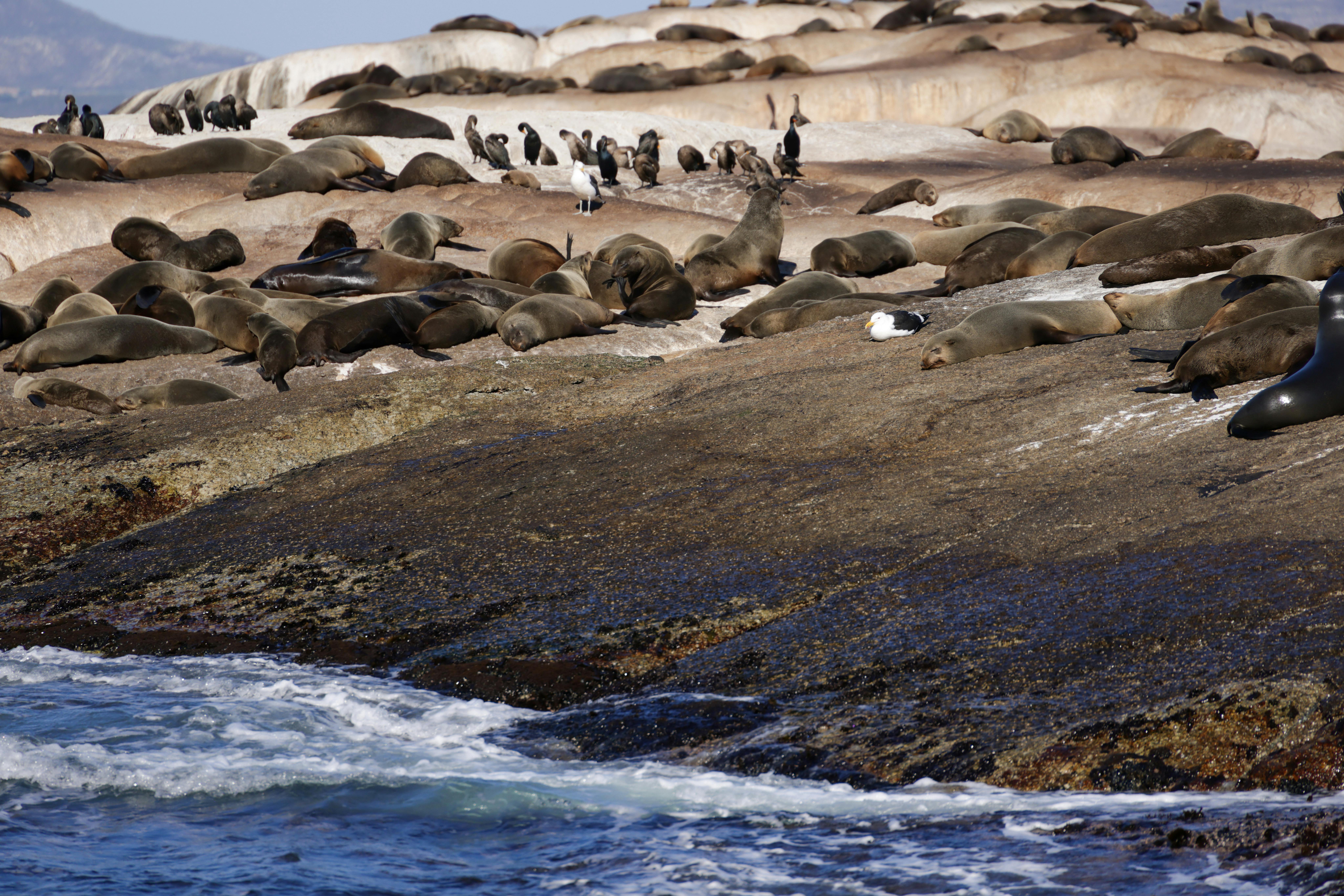**Decoding the Enigmatic World of Marine Mammals: A Dive into the Unique Behaviors and Adaptations**
Marine mammals are a fascinating group of creatures that have adapted to surviving in the world's aquatic environments. Their unique behaviors, features, and the role they play in the ecosystem offer a captivating exploration of nature. This article delves into the world of these intriguing animals, their adaptations, and the latest research about their behavior and interaction with their environment.

Introduction
Welcome to the beguiling world of marine mammals—their adaptations, behaviors, and their pivotal role in ocean ecosystems. This exploration will not only take you on a journey through the mesmerizing depth of the ocean but also shed light on how these creatures have adapted to their challenging environment and their unique ways of communication.
A Historical Overview of Marine Mammals
Marine mammals are not a recent phenomenon. They have existed for millions of years, with their ancestors adapting to life in water from terrestrial habitats. Fossil records indicate the presence of marine mammals as early as the Eocene epoch, around 50 million years ago. Over time, these mammals have evolved to develop unique characteristics to survive in aquatic environments, such as streamlined bodies, highly developed lungs, and insulation to counteract the cold.
Current Understanding of Marine Mammals
Modern research into marine mammals is broad and varied. It includes studying their physiology, behavior, and interaction with their environment. One area of focus is their communication methods, which are highly complex and varied, involving a combination of sound, body language, and touch. Another area of interest is their role in maintaining marine ecosystems. For example, whales play a crucial role in nutrient cycling in the ocean by bringing nutrients from the deep to the surface waters.
Impacts of Human Activities on Marine Mammals
Despite their significant role in maintaining marine ecosystems, these creatures are facing numerous threats, majorly from human activities. Pollution, overfishing, habitat destruction, and climate change have led to the decline of various marine mammal populations. For instance, the North Atlantic right whale, with an estimated population of less than 400, is considered critically endangered due to ship strikes and entanglement in fishing gear.
Market Trends in Marine Mammal Conservation
Amid these challenges, there is a growing trend toward marine mammal conservation. From eco-tourism to the sale of sustainably sourced seafood, there is an increasing market interest in protecting these creatures. The eco-tourism industry, which includes whale watching tours, is estimated to generate around $2.1 billion annually worldwide. This industry’s growth indicates a rising public interest in marine mammals and their well-being.
Wrapping Up: The Future of Marine Mammal Research and Conservation
Marine mammals continue to intrigue scientists and nature lovers alike with their unique adaptations and behaviors. As threats to their survival increase, so does the importance of conservation efforts. The future holds exciting prospects for marine mammal research, with new technologies and increased public interest offering hope for these mesmerizing creatures of the deep.
In essence, marine mammals are a testament to nature’s adaptability and resilience. Their ability to thrive in some of the planet’s harshest environments serves as a reminder of the beauty and complexity of life on Earth. As we continue to explore and understand these creatures, we also uncover more about the intricate web of life that binds us all.






